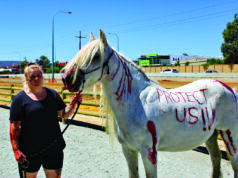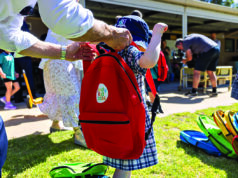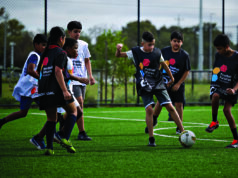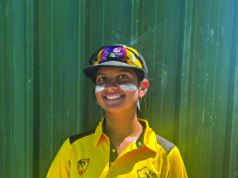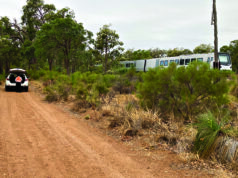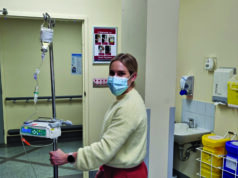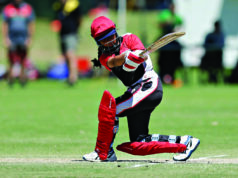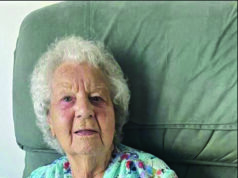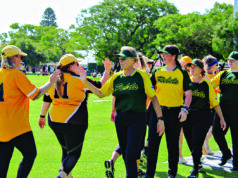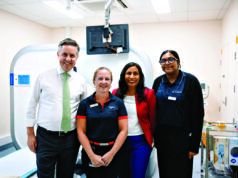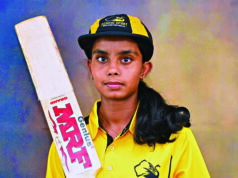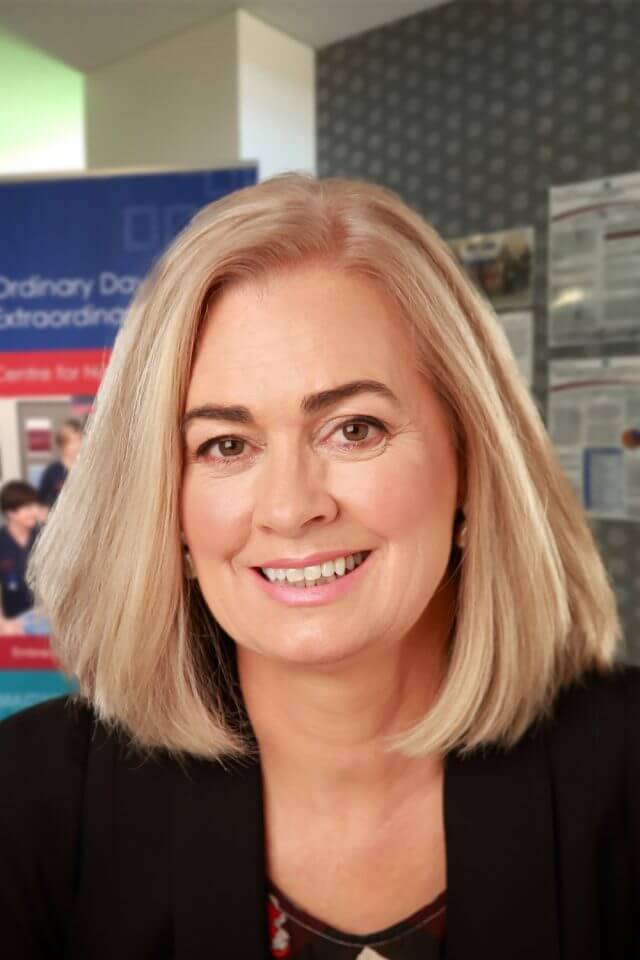
Making life better for nurses, patients and their families has seen research fellow Dr Susan Slatyer nominated for an Excellence in Research award in this year’s Nursing and Midwifery Excellence Awards.
Dr Slatyer, who has a joint appointment with Curtin University and Sir Charles Gairdner Hospital, bridges the gap between the clinical aspects of a hospital and the needs of staff and patients.
From making conditions better for the dying and their families, to boosting the wellbeing of nurses, Dr Slayter is the face of research in her workplaces.
“I am very close to the clinical nurses, the patient problems, the needs of patients’ families so the research I am able to do here is really clinically relevant,” she said.
“I did a PhD years ago looking at pain management in hospital but my work has developed from there and I do quite a lot around end of life care in an acute care setting such as an acute hospital.”
Dr Slayter worked with the palliative care team at Sir Charles when they developed The Lotus Room, a private place for patients to be with their families in their last days of life.
“It is a large room with couchs, fold-out couches, recliners, a small fridge, a kettle, you can have whole families in that room staying day and night,” she said.
“We have done an evaluation on how that helps the staff to be able to care and how it helps the patient and their families.
“There is a lot of satisfaction, it is a very calming environment for everybody including the staff.
“When someone dies in a high dependency area, because of the nature of the environment they can only have two people at the bedside but in this room … the whole family has been able to be there and the staff member steps outside and it’s their space.

“It is a concrete improvement and innovation.”
Dr Slatyer is also researching the transition of older people in acute care back to the community, especially those with dementia.
“The acute hospital environment can be difficult for people with dementia because they already have trouble expressing themselves and communicating in an environment that is busy and noisy and they are unwell.”
Other areas of research include the wellbeing of nurses and a post discharge phone service for older people who come out of short stay care.
“When I sit back and think of what I do it seems like quite a lot,” she said.
“If my research can articulate the value of nursing in a health system where every dollar is precious then it is a good contribution. I have the perfect job.”
Other nominees for the category are Casey Light from Armadale Health Service and Dr Mandy Towell from Edith Cowan University.
Coordinated by the Department of Health, winners will be announced in May.


